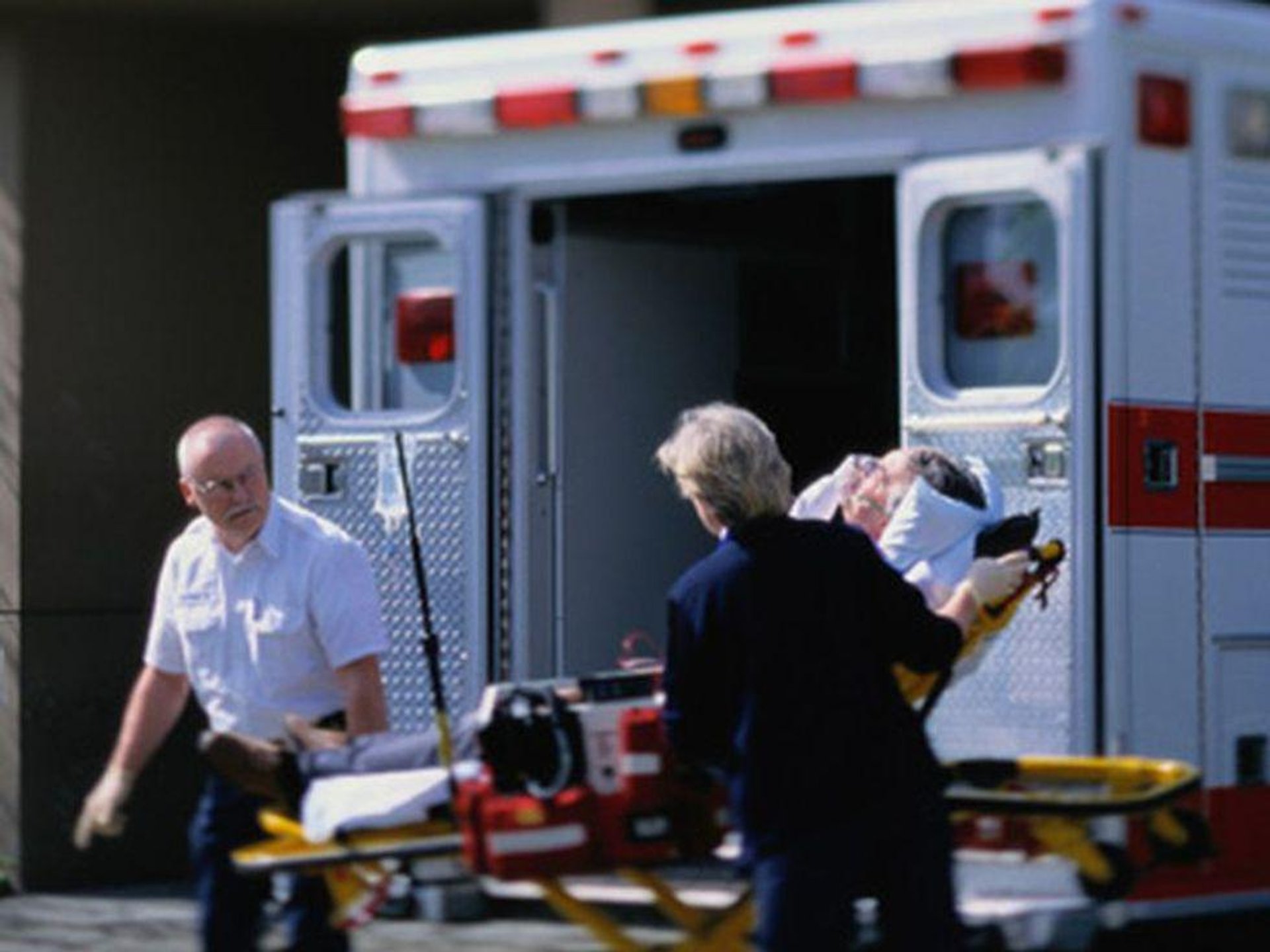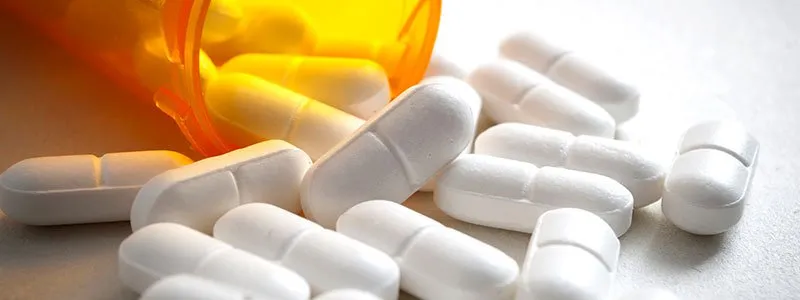Latest Mental Health News

THURSDAY, May 20, 2021 (HealthDay News)
Use of the opioid overdose reversing medication naloxone has declined in the United States during the COVID-19 pandemic, researchers found.
The study authors said their findings suggest that people with opioid misuse disorders may be facing a dangerous decrease in access to naloxone.
"In March of 2020, we saw a sharp reduction in the average number of individuals filling naloxone prescriptions each week, which far exceeded the decline in the number of people filling prescriptions for any medication," said researcher Ashley O'Donoghue, an economist in the Center for Healthcare Delivery Science at Beth Israel Deaconess Medical Center in Boston.
"And since March 2020, there's been no statistically significant recovery in naloxone prescriptions, indicating that the number of individuals filling naloxone prescriptions has remained low throughout the pandemic," O'Donoghue said in a medical center news release.
Using a national pharmacy insurance claims database, the researchers analyzed weekly numbers of U.S. patients who filled naloxone prescriptions, opioid painkiller prescriptions and all prescriptions between May 2019 and December 2020.
The number of people filling prescriptions for any medication decreased by 14% in the early months of the COVID-19 pandemic, while the number filling opioid prescriptions fell by 9%.
But 25% fewer people filled naloxone prescriptions, and the number of people with Medicare and commercial coverage filling naloxone prescriptions fell by nearly a third.
Among people with Medicaid coverage or patients who paid in cash, there was no statistically significant change in the number filling naloxone prescriptions, according to the study. The results were published recently in the journal JAMA Health Forum.
"Our study identifies an urgent gap in necessary access to lifesaving medication for individuals covered by Medicare and commercial insurance during the pandemic," said study senior author Dr. Jennifer Stevens, director of the Center for Healthcare Delivery Science at Beth Israel.
"Continuing to distribute naloxone in densely populated areas and through community-based organizations could help mitigate some of the reductions in naloxone distribution via pharmacies and could also reduce some of the increases in fatal opioid overdose is during the COVID-19 pandemic," Stevens said in the release.
More information
The U.S. Food and Drug Administration has more on naloxone.
SOURCE: Beth Israel Lahey Health, news release, May 14, 2021
Robert Preidt

Copyright © 2021 HealthDay. All rights reserved.

Continue reading...
